Guardian Film launches 6 new documentaries
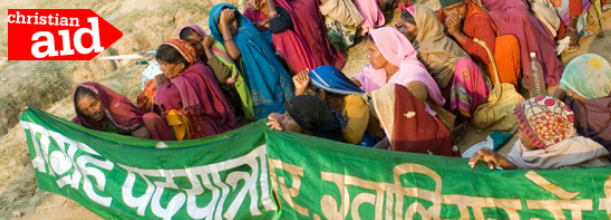
How do you portray the realities of global disaster in a way that resonates with the individual? Christian Aid’s project, Poverty Over has teamed up with The Guardian to present personal cases in a way that cannot fail to be affecting; the aim being that through the tales of the individual, change may be sparked for thousands.
With the belief that the internet has overtaken the TV as the place we go to be informed, the head honchos at Guardian Online are firm when they say they never wanted to make documentaries that would be shown on our telly boxes. Which is convenient, considering they work online and all. Instead, they wish to present short films that can be easily accessible to millions worldwide, raising awareness of issues that may otherwise get swamped by all the millions of other horrible things going on in all the parts of the world (yay, go planet Earth).
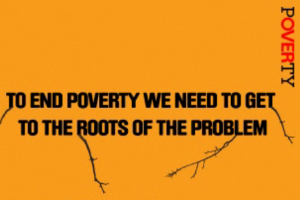
The short films will be released weekly (the first one was uploaded yesterday), and will focus on a variety of topics including the Dalit communities in India, land ownership in Ethiopia and female genital mutilation in Kenya. The series kicks off with a brutal and heart-wrenching look at the HIV epidemic in Kenya, looking specifically at the treatment of gay men and women in modern day Mombasa. It follows Melvin; a gay man struggling to look after his younger sister in the wake of their parents’ death. Suffering from daily abuse at the hands of his neighbours and the authorities, he sustains both himself and his sister by selling sex by the side of the road – too afraid to take a HIV test for fear of what would happen to his sister if he dies.
There are many debates to be had around Western responsibility in global poverty – especially when religion is thrown into the mix. Trying to find “Modern Christian” solutions for problems that are fundamentally bound up in interpretations of Christian doctrine (ie homosexuality=bad) is a tricky thing, and it’s anyone’s guess as to the role Christian Aid should and can play in advancing social progress in Africa, never mind the rest of us. But to be honest, when presented with people such as Melvin, it’s hard not to let go of the theory. The intoxicating simplicity of “good” vs “bad” is never more seductive than in the presentation of the struggling individual, and this film uses this idea to its upmost. Social/political arguments aside, there’s no denying that this is a story that deserves to be told.
Take a look at the video on the Poverty Over website here, and keep checking back over the next few weeks to see the rest in the series. When faced with problems of this magnitude, it’s difficult to feel anything except utterly helpless. But the first step is raising awareness, and that, at least, is a step we’re all more than capable of taking.

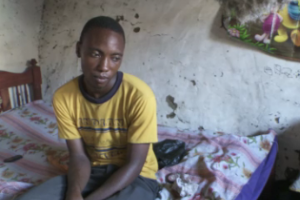
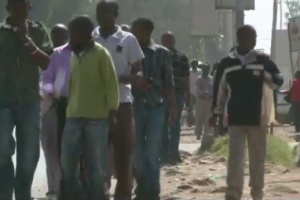
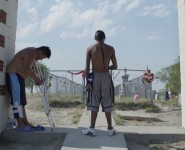



Recent Comments